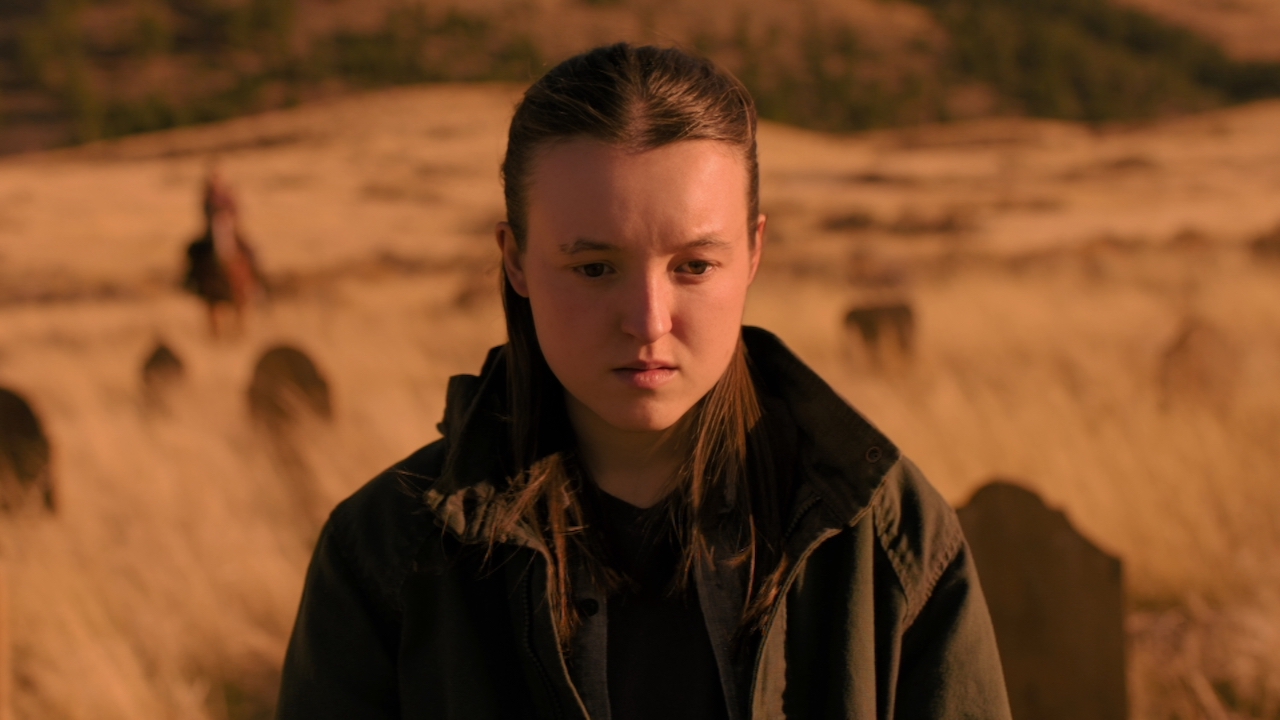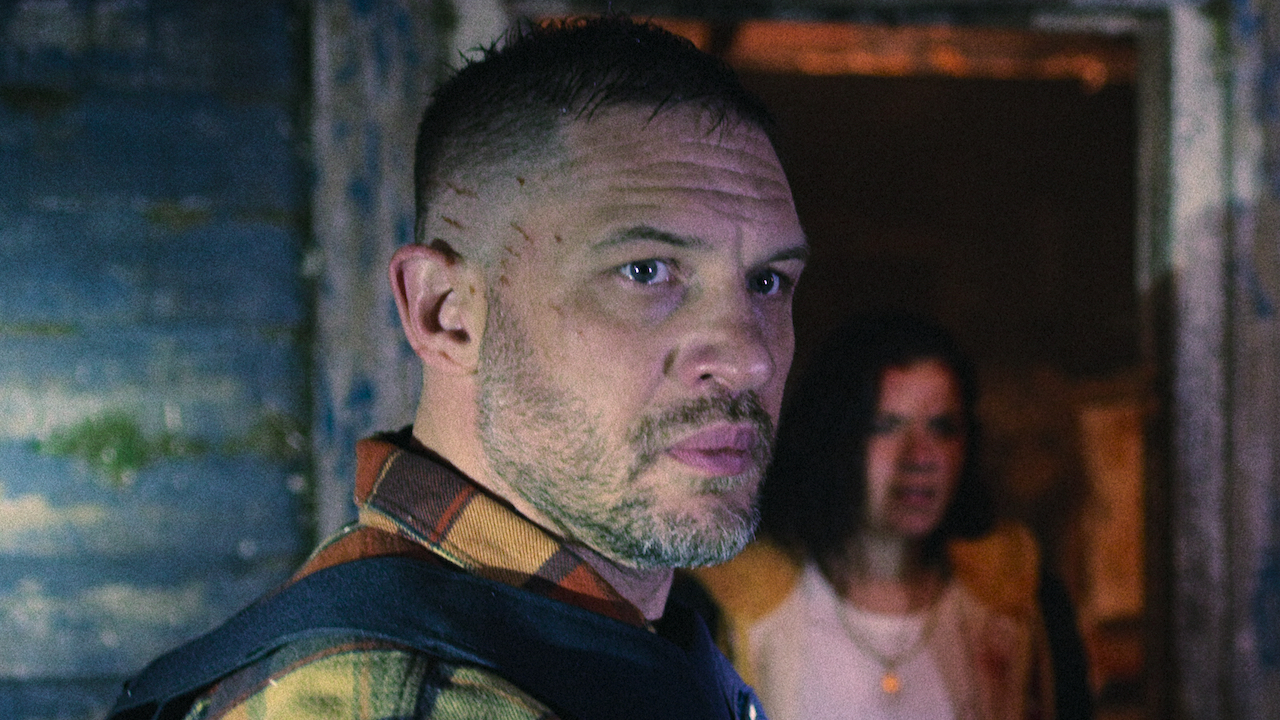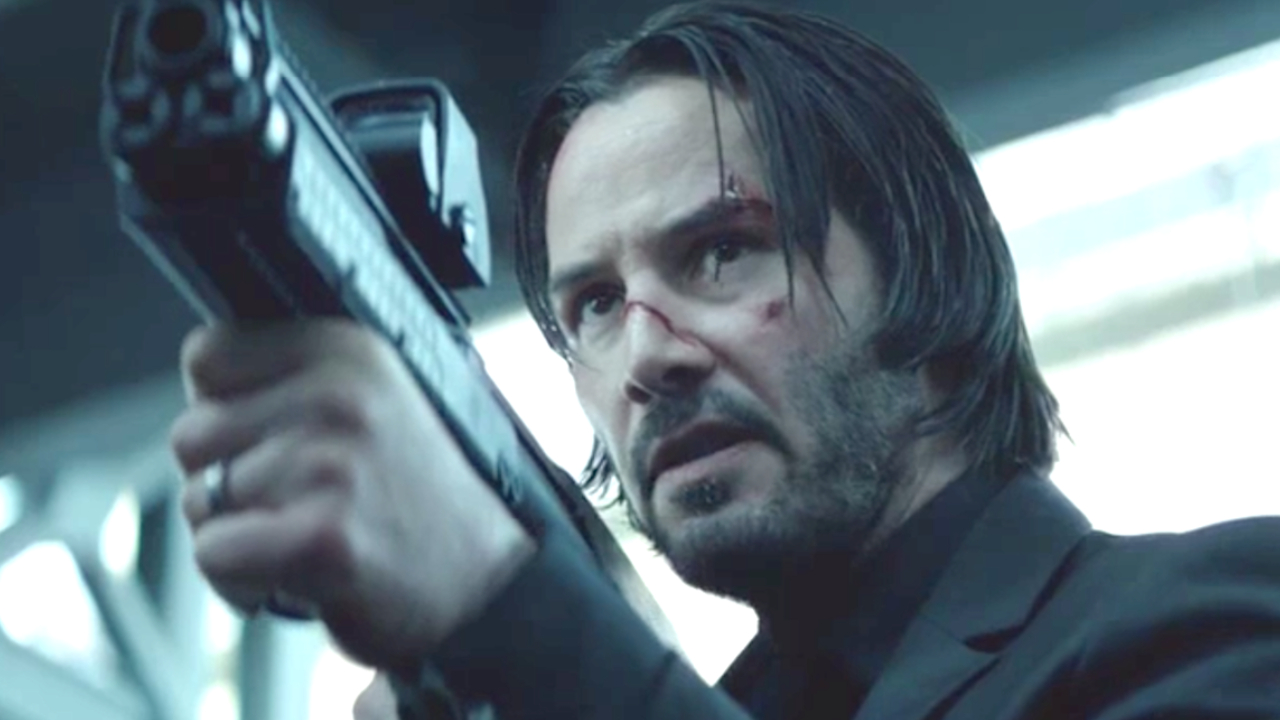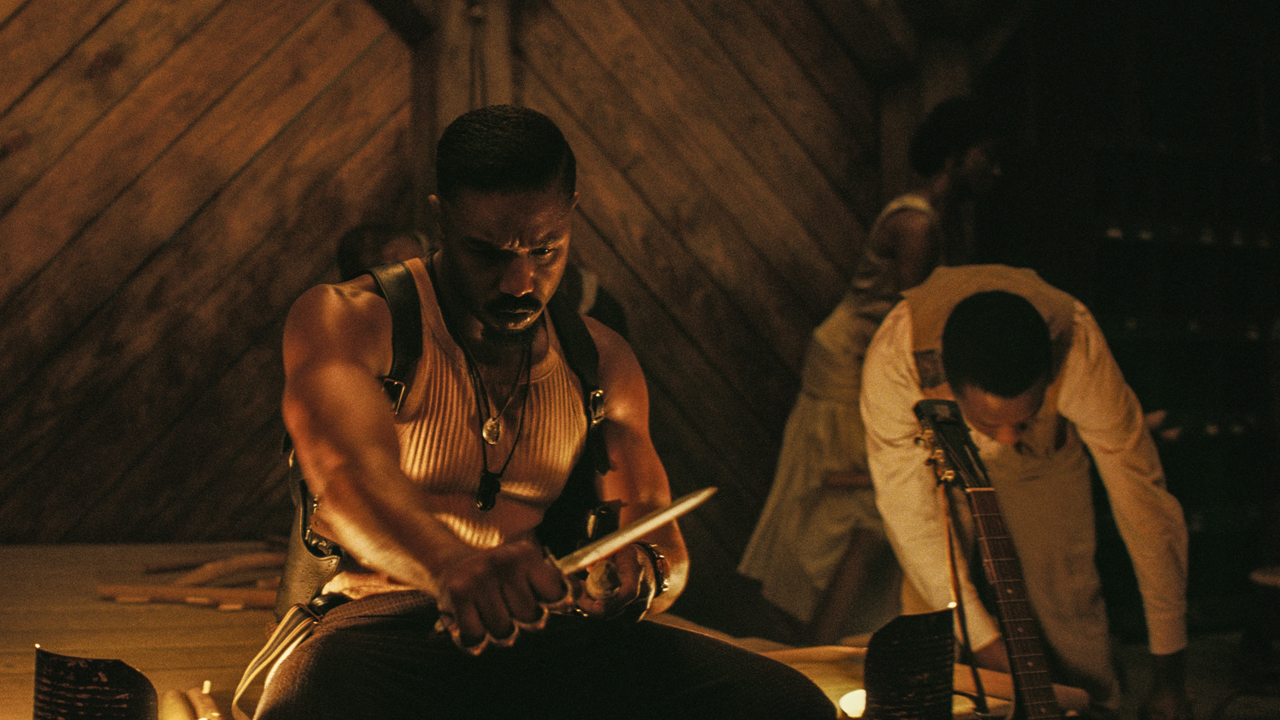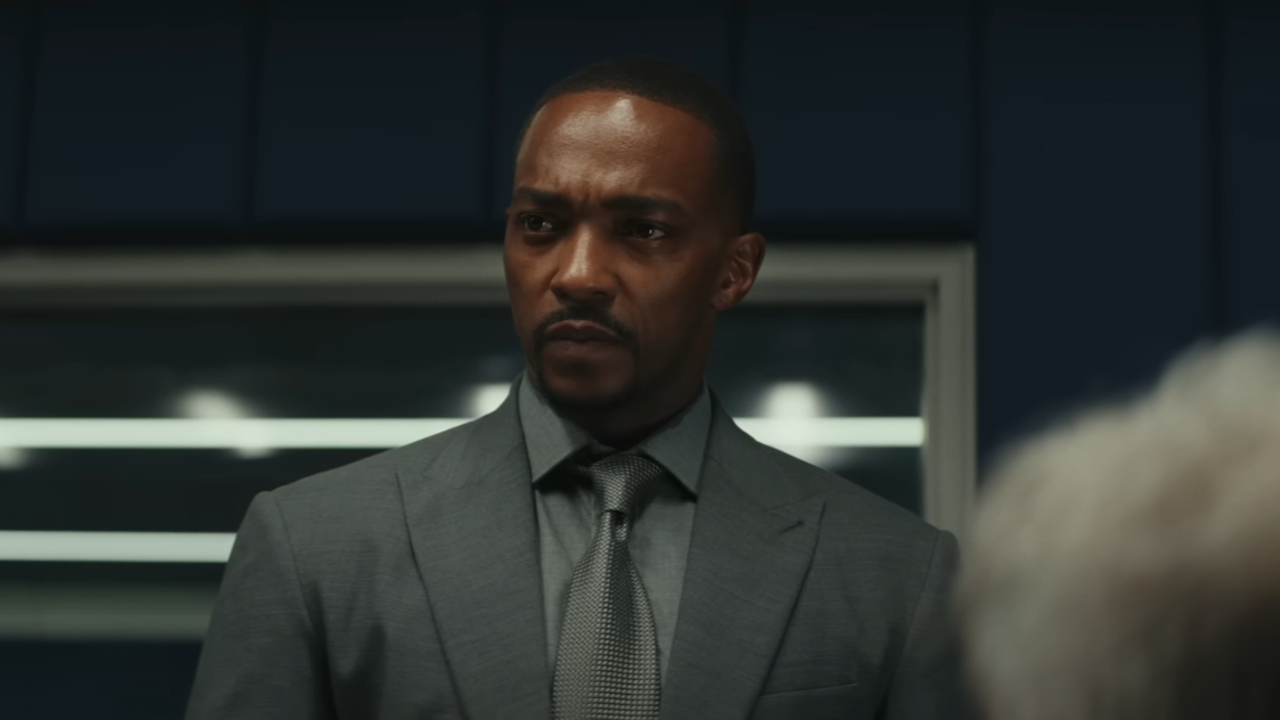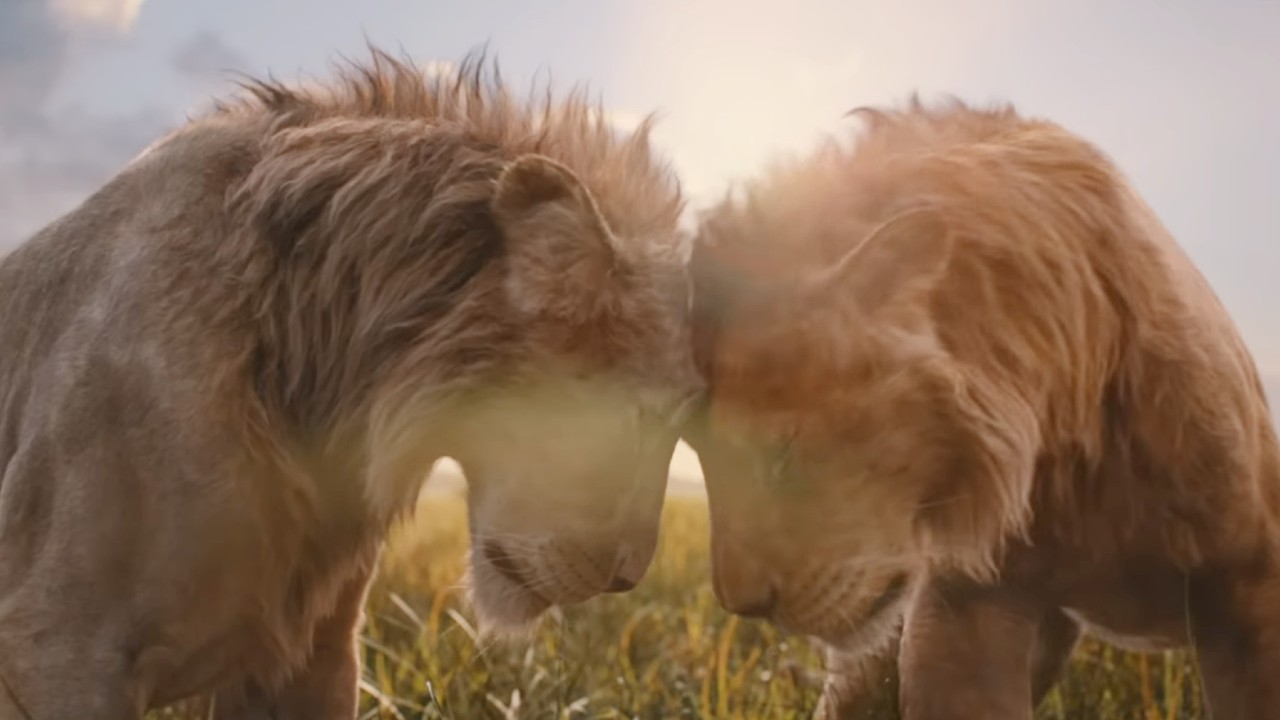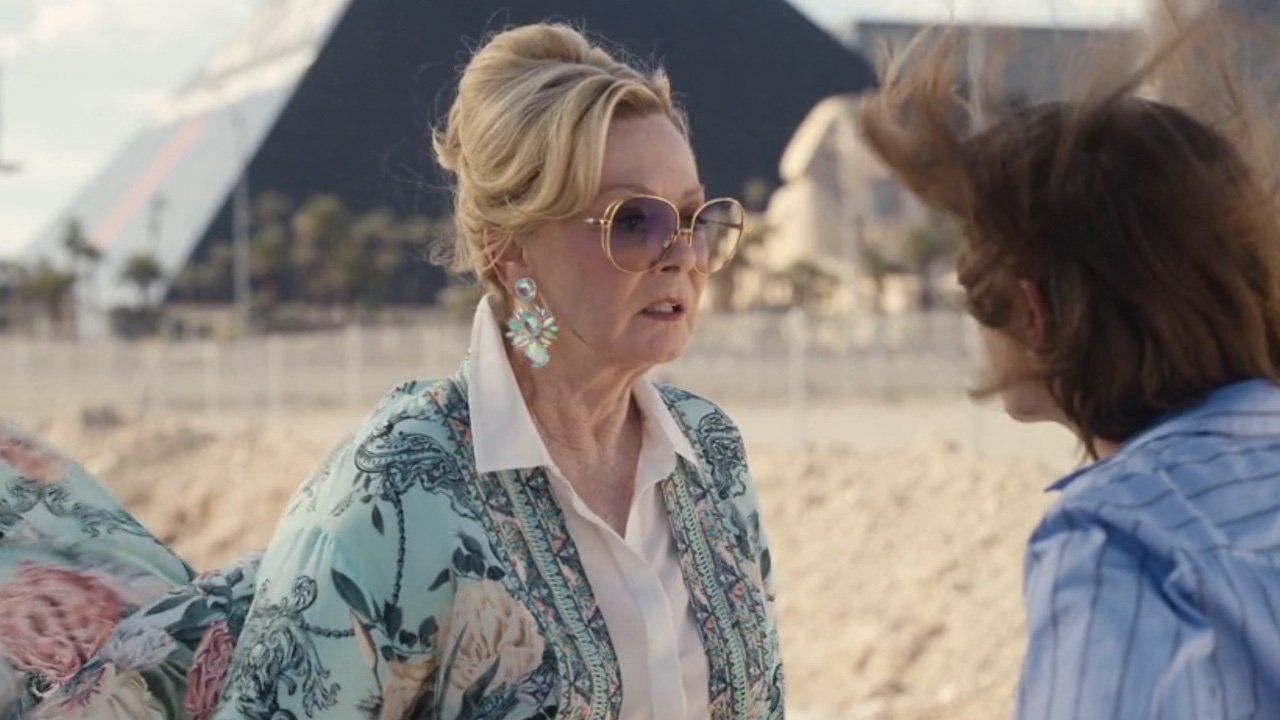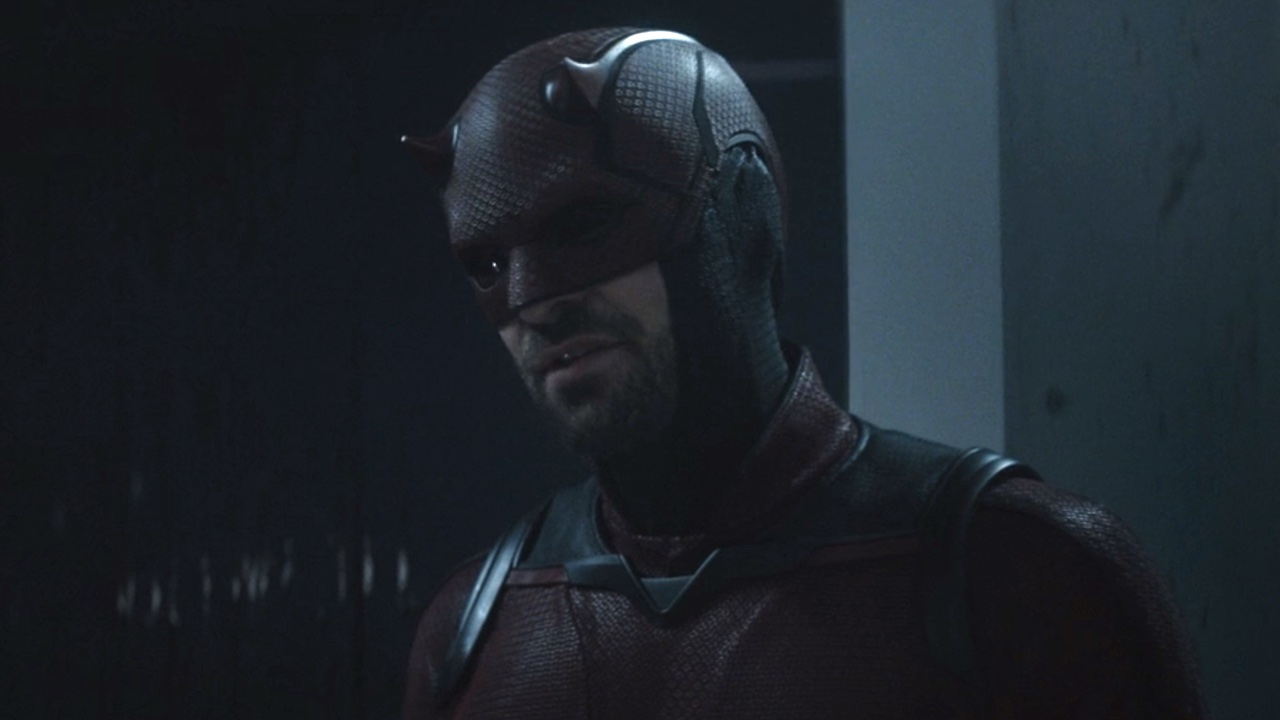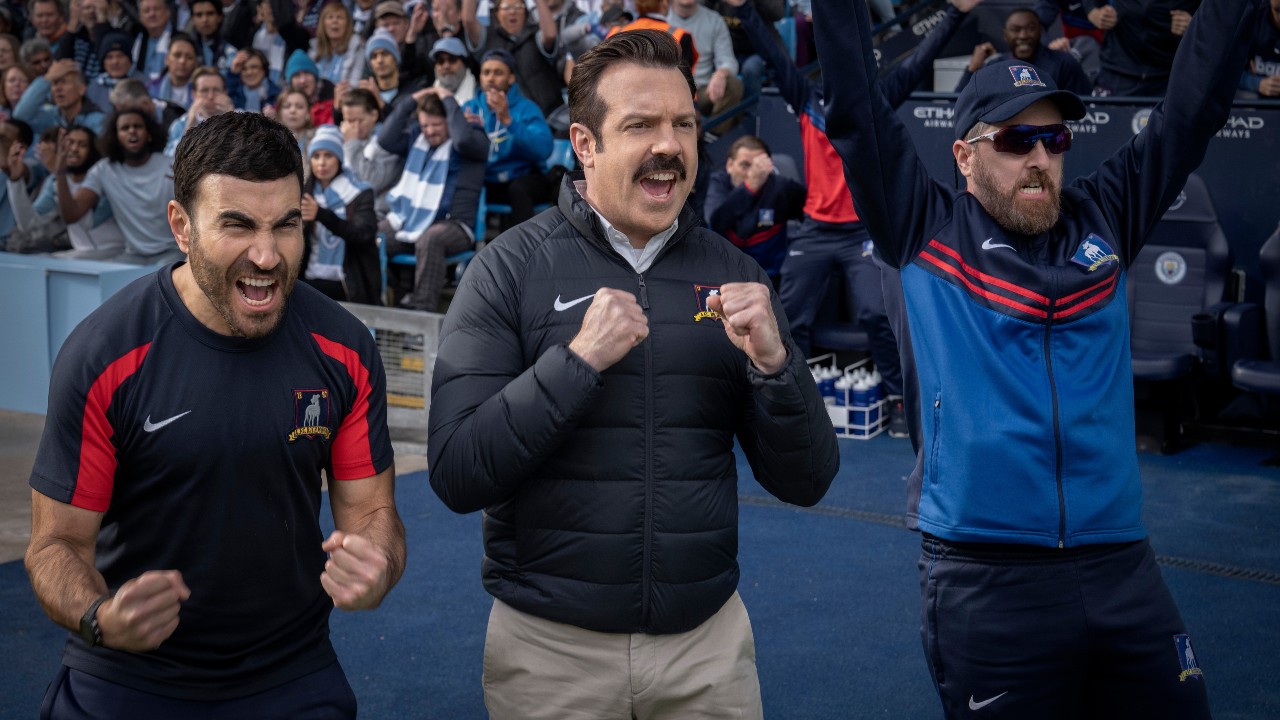I Expected A Nature Documentary From Netflix’s Pangolin: Kulu’s Journey, What I Got Was Deeply Personal
This was an experience like no other...
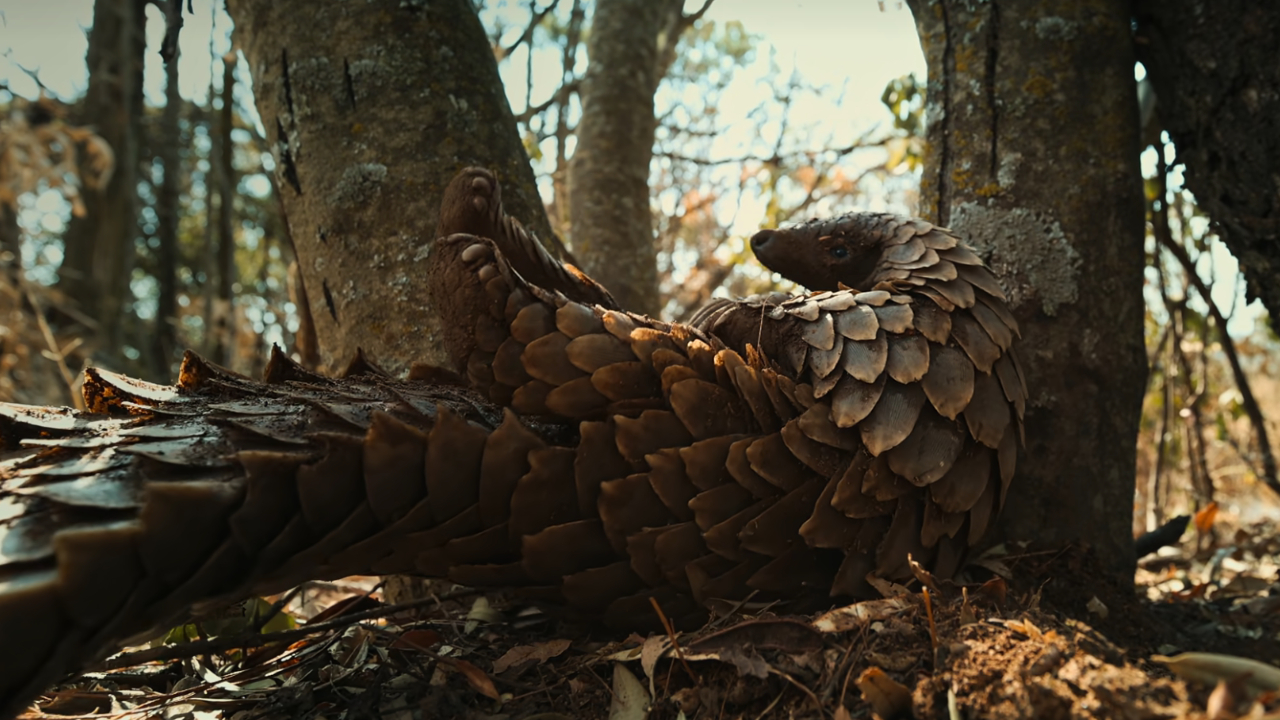
Every now and then, a movie, show, or documentary comes around and completely catches you by surprise. That recently happened to me when I watched the 2025 Netflix original film, Pangolin: Kulu’s Journey, a new documentary about a conservationist saving a young pangolin (those scale-covered anteater-looking animals) from poachers and then bringing it back to health. I think I’m forever changed after watching it.
When I first heard about the documentary from Pippa Ehlirch, the director best known for the Oscar-winning film My Octopus Teacher, I thought this would be a standard nature documentary about an endangered animal. However, I would soon discover that this was a deeply personal and incredibly emotional story. Here’s how it all went down and why you should give this empowering doc a watch with your Netflix subscription.
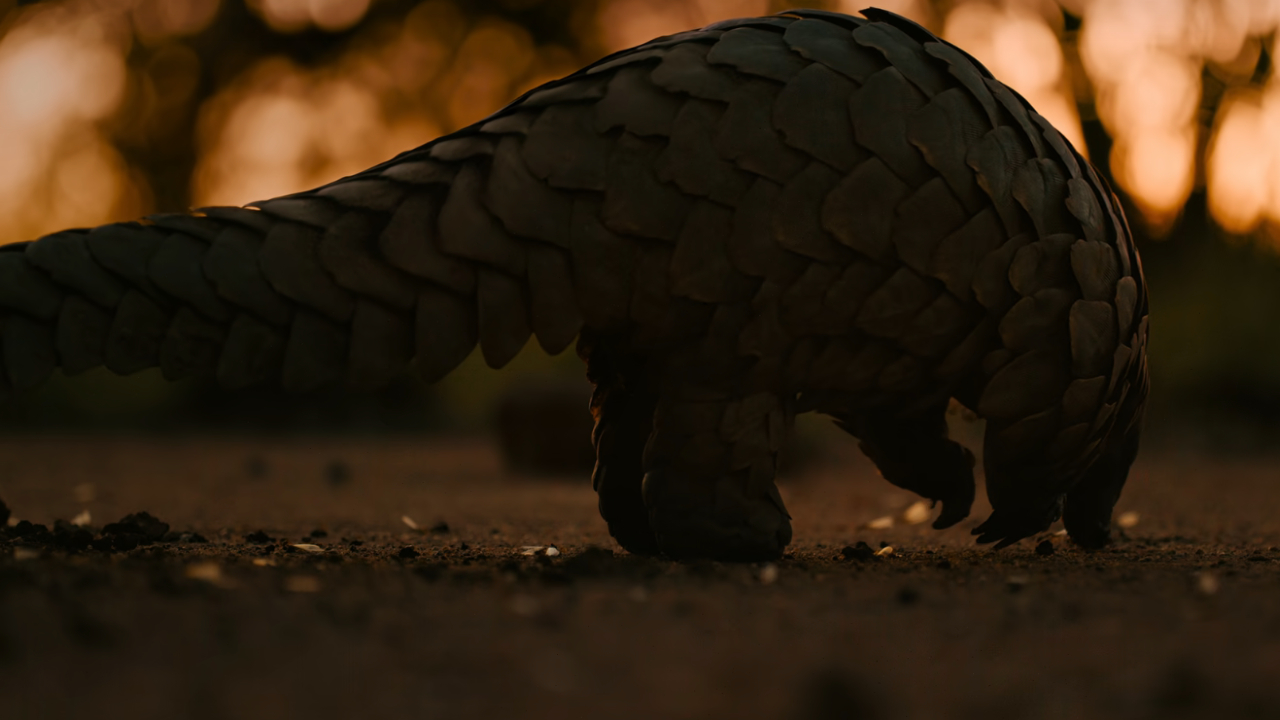
I Kept Hearing About Pangolin: Kulu's Journey, And Thought It Was Just A Standard Nature Doc
This isn’t me putting down nature documentaries, as I am a massive fan of David Attenborough programs and all those stunning Disney+ nature docs that have come out over the years. However, when I first heard about Pangolin: Kulu’s Journey, I thought this was going to be something more in the vein of your standard story about a pangolin going on some kind of journey in its native Africa. You know the ones, where the directors add some semi-fictional narrative to go along with footage of an animal in dangerous situations?
But instead, this incredibly powerful and emotional documentary is about the relationship shared by South African conservation volunteer Gareth Thomas and the bond he formed with Kulu, previously named Gijima, after the three-month-old animal was rescued from poachers who took the juvenile from its mom at a very young age. Throughout, the film explores the rehabilitation efforts at the Johannesburg Wildlife Veterinary Hospital and the impact it had on both Kulu and Gareth.
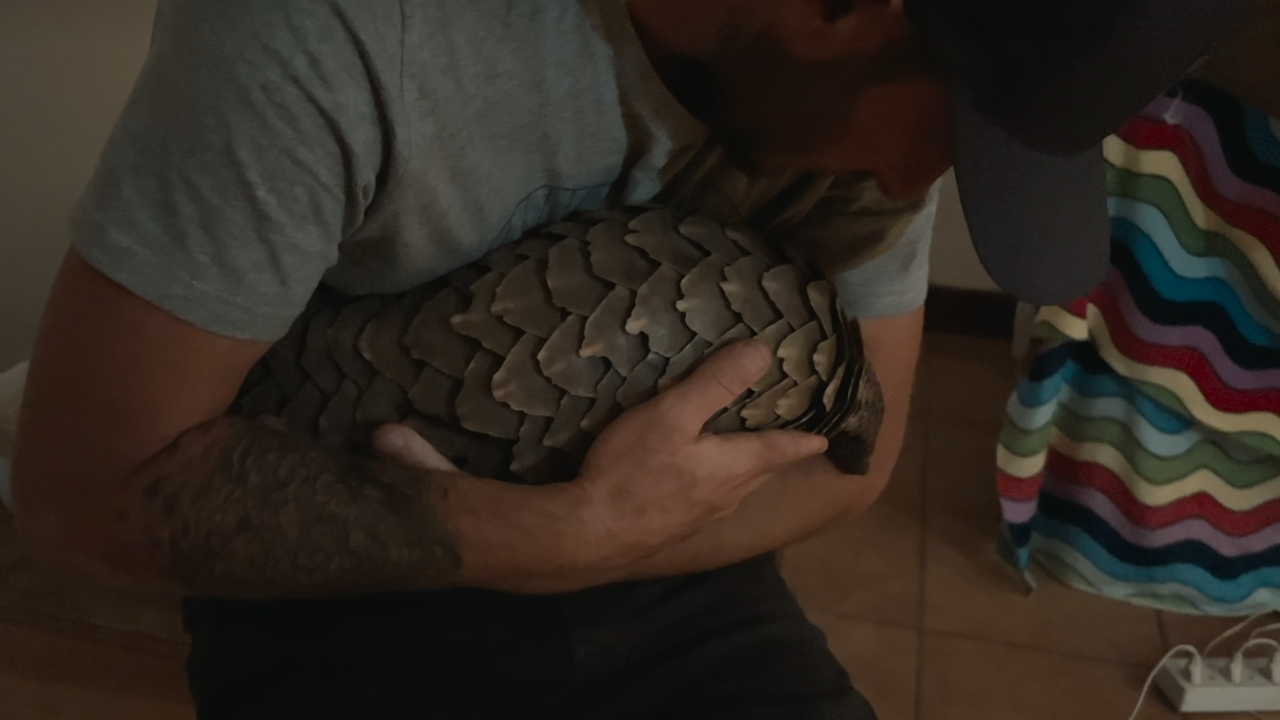
While It Is About Rehabilitating An Endangered Animal, It's Also About Fixing A Broken Person
What makes Pangolin: Kulu’s Journey such a riveting, powerful, and mesmerizing documentary is that it is not just about Kulu’s rehabilitation from a young, malnourished, and stolen youngling to a self-sufficient creature ready to live on its own. Instead, it tells the story about a broken person finding meaning in life after years of bouncing around the world aimlessly, trying to figure things out.
Gareth Thomas, whose personal photographs and videos of Kulu make up a large part of the documentary, is on a journey just as much as the animal he swore to protect. Reconnecting to his roots (Thomas spent his summers in South Africa and Zimbabwe exploring the wilderness), the nature photographer and volunteer found a new purpose through his work with the hospital. But when he met and rescued Kulu, his life took on a whole new meaning and purpose.
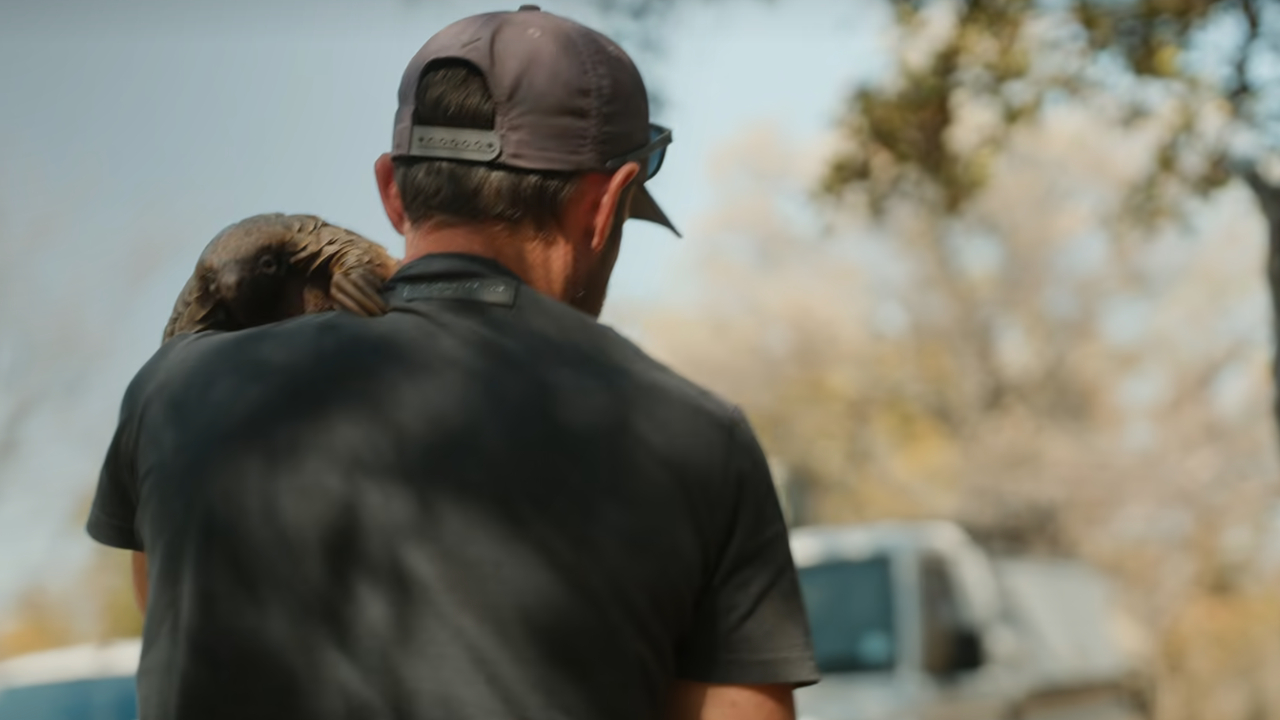
I Related To Gareth And His Journey To Raise, Protect, And Release Kulu
Though I’ve never worked with wild animals (I wouldn’t call the four chickens in my backyard wild, they peck at my back door for food), I felt a strong connection with Gareth’s story and his journey to rescue, raise, protect, and eventually release Kulu back into the wild after the months-long rehabilitation was complete. There were times when I laughed, times when I cried, but I related to Gareth and his quest from start to finish of this magical 90-minute nature documentary.
CINEMABLEND NEWSLETTER
Your Daily Blend of Entertainment News
The relationship between Gareth and Kulu is less like “man and animal” and more like “father and son,” as the conservationist learns from the three-month-old baby pangolin. Watching him trying to figure things out in the early part of the doc made me think back to when I first became a father nearly a decade ago. Not knowing exactly how in over your head you are until you’re in the thick of it for the first time is a feeling I’ll never forget, and watching this documentary took me back.
The confusion, the frustration, the emotion (both happy and sad), and all those struggles he faced throughout his journey with Kulu made for a profound profile on a man trying to raise, protect, and eventually say goodbye to something he loves dearly. And I felt that.
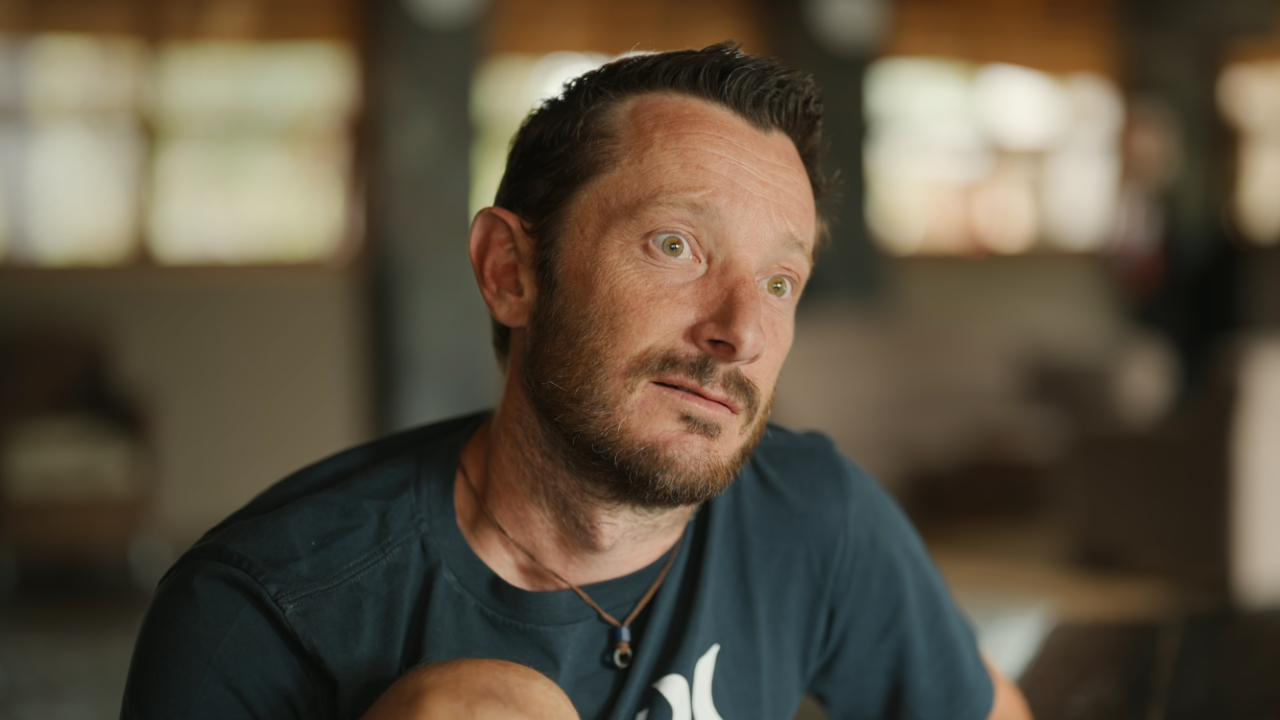
The Documentary's Bittersweet Ending Is One That'll Stick With Me For A Long Time
A few minutes in, I had a feeling how the documentary would end: Kulu being released into the wild and Gareth coming to terms with it. My hunch was correct and the story does wrap up with the two going their separate ways, but the bittersweet ending did hit me right in the feels.
Throughout the documentary, Gareth consistently works towards Kulu being released into the wild. Slowly but surely, he gives the pangolin more space, more freedom, and more trust as he continues the rewilding process. It all leads to this emotional moment a few minutes before the story's end where he says, “there’s got to be a point where you let go” as his eyes well up with tears. One year and seven months after their paths first crossed, Gareth says goodbye to his friend Kulu as the creature goes into the wild.
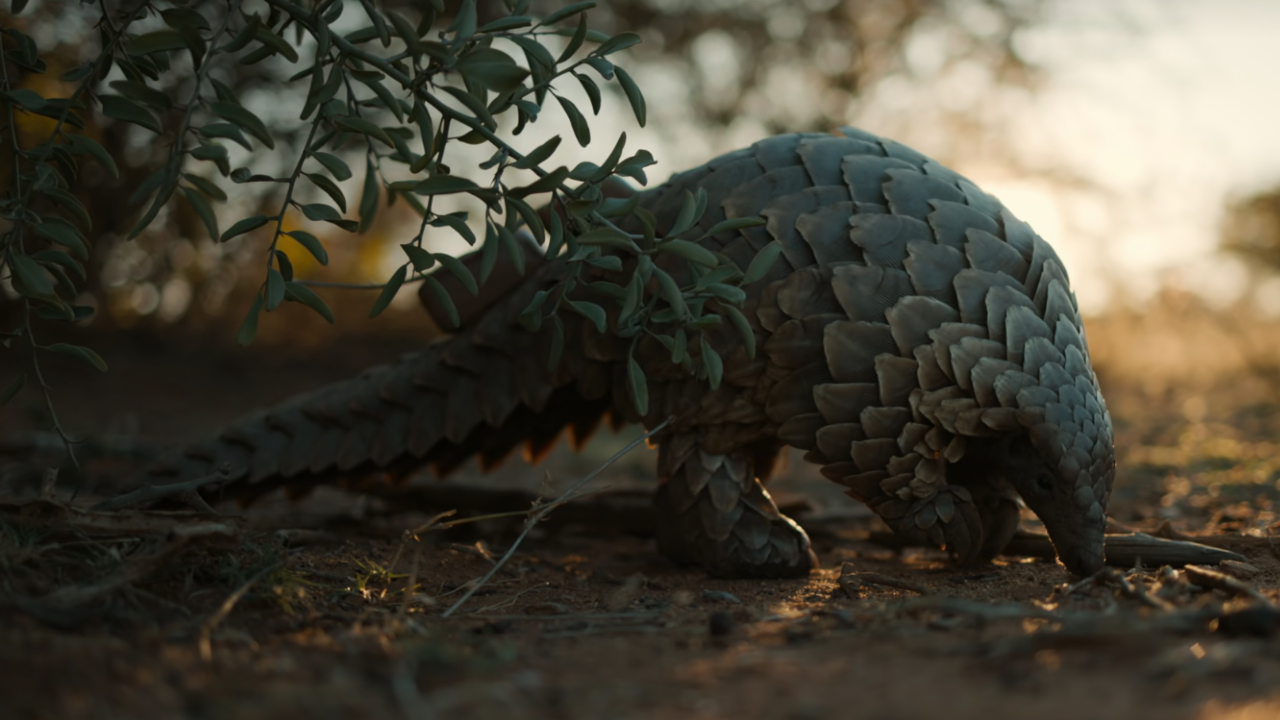
The Best Thing I Can Compare This To Is Last Minutes With Oden
When I was watching Pangolin: Kulu’s Journey, especially near the end, I couldn’t stop thinking about Eliot Rausch’s Last Minutes with Oden, a 2009 short-form documentary about a man coming to terms with having his dog put to sleep after a long-fought battle with cancer. Though these two documentaries have two completely different endings, both tackle the same topic: how animals make us better humans.
If you haven’t watched Last Minutes with Oden, I cannot recommend it enough. But I do have to add that it is one of the most heartbreaking short films you’ll ever watch and impossible to watch without crying (seriously, I’m getting emotional writing about it now). While watching both, I couldn’t stop thinking about my own bond with animals – my dogs, with my cats, with my chickens – as well as my relationships with my family and friends. It’s amazing how beautifully crafted and earnest documentaries can have this impact.
This is all an incredibly long way of saying that Pangolin: Kulu’s Journey is a must-watch for anyone who loves nature documentaries with a whole lot of heart. And, considering director Pippa Ehlirch has knocked it out of the park with this and My Octopus Teacher, I can’t wait to see what she does next.

Philip grew up in Louisiana (not New Orleans) before moving to St. Louis after graduating from Louisiana State University-Shreveport. When he's not writing about movies or television, Philip can be found being chased by his three kids, telling his dogs to stop barking at the mailman, or chatting about professional wrestling to his wife. Writing gigs with school newspapers, multiple daily newspapers, and other varied job experiences led him to this point where he actually gets to write about movies, shows, wrestling, and documentaries (which is a huge win in his eyes). If the stars properly align, he will talk about For Love Of The Game being the best baseball movie of all time.
You must confirm your public display name before commenting
Please logout and then login again, you will then be prompted to enter your display name.
